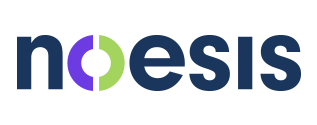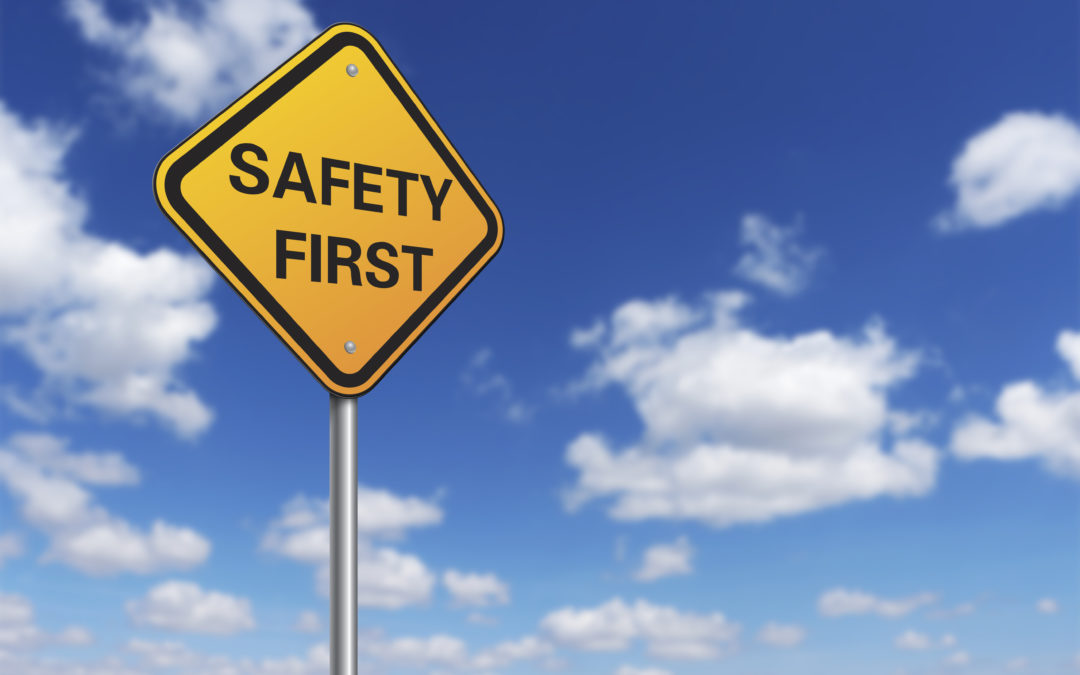This is the second in our series on the Race to Reskill leaders and employees in this prolonged pandemic period and beyond. What skills are needed, seems widely agreed upon:
What?
- Foster mental health and wellness
- Establish psychological safety for all
- Hold highly productive virtual meetings
- Foster meaningful goal setting and focus
- Inspire high accountability
How?
The ’how’ of effective reskilling is much less understood, and rarely done well. ‘Reskilling’ means new knowledge is consumed, applied, remembered and integrated. So when choosing your training vendor, its critical to ensure learning solutions are designed with the brain in mind, meaning learning takes place in multiple modalities, in micro doses, with regular reminders, over time. This ensures maximum knowledge retention and skill utilization. Gone are the week-long-all-day-in-a-hotel workshop marathons. Your brain hated learning that way. And COVID put an end to them.
Safety first
What to learn? Number 2 on the reskilling list is the ability to foster psychological safety. It’s a fact. Our brain’s number one priority and focus is to keep us safe. Period. Our brains cannot effectively focus on any work task when we don’t feel safe.
As humans, when we experience judgement, conflict, unfairness or exclusion, our threat-sensitive brains resort to rapid short cuts in thinking and old non-conscious biases that reduce the quality and accuracy of our perceptions and decisions. We can no longer reflect, be creative, accommodate different people or ideas or focus on solutions. Feeling unsafe kills diversity and inclusion and stops innovation in its tracks.
Knowing the research, smart companies are doing a deep pivot, establishing learning interventions that teach their people how to interact in ways that make others feel psychological safety, knowing it will increase employee satisfaction and performance results.
Google’s researched, a synopsis published in the New York Times in 2016, brought global attention to the critical connection between psychological safety and business performance. They found their highest performing leaders were doing something very specific: they created psychological safety on their teams. Google is known for successfully embracing change, inventing new technologies and having a highly engaged, diverse and inclusive workforce. The rest of us needed a global pandemic and recent Black Lives Matter movement to realize the importance of fostering psychologically safety as an optimum workplace culture.


Recent Comments